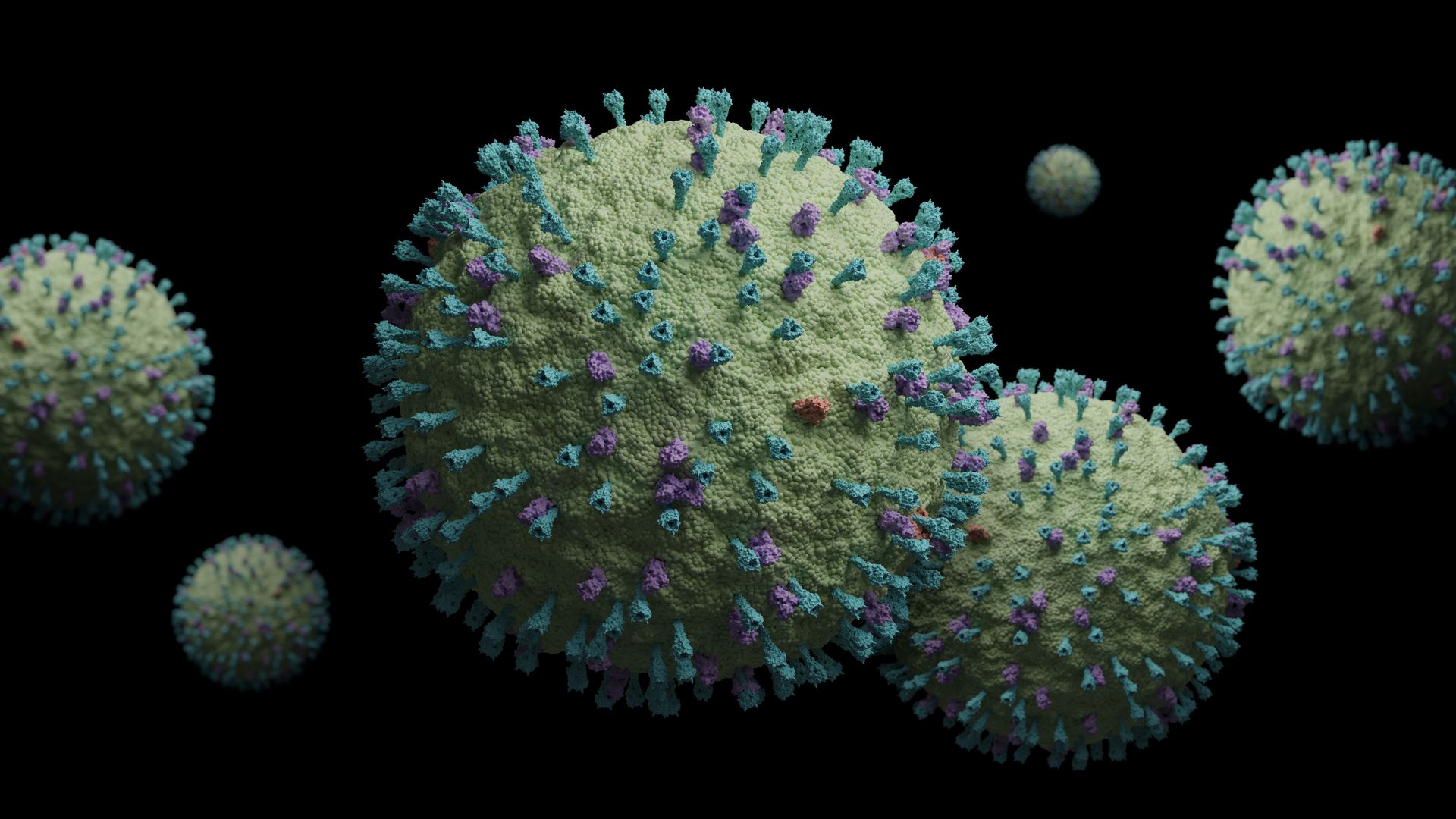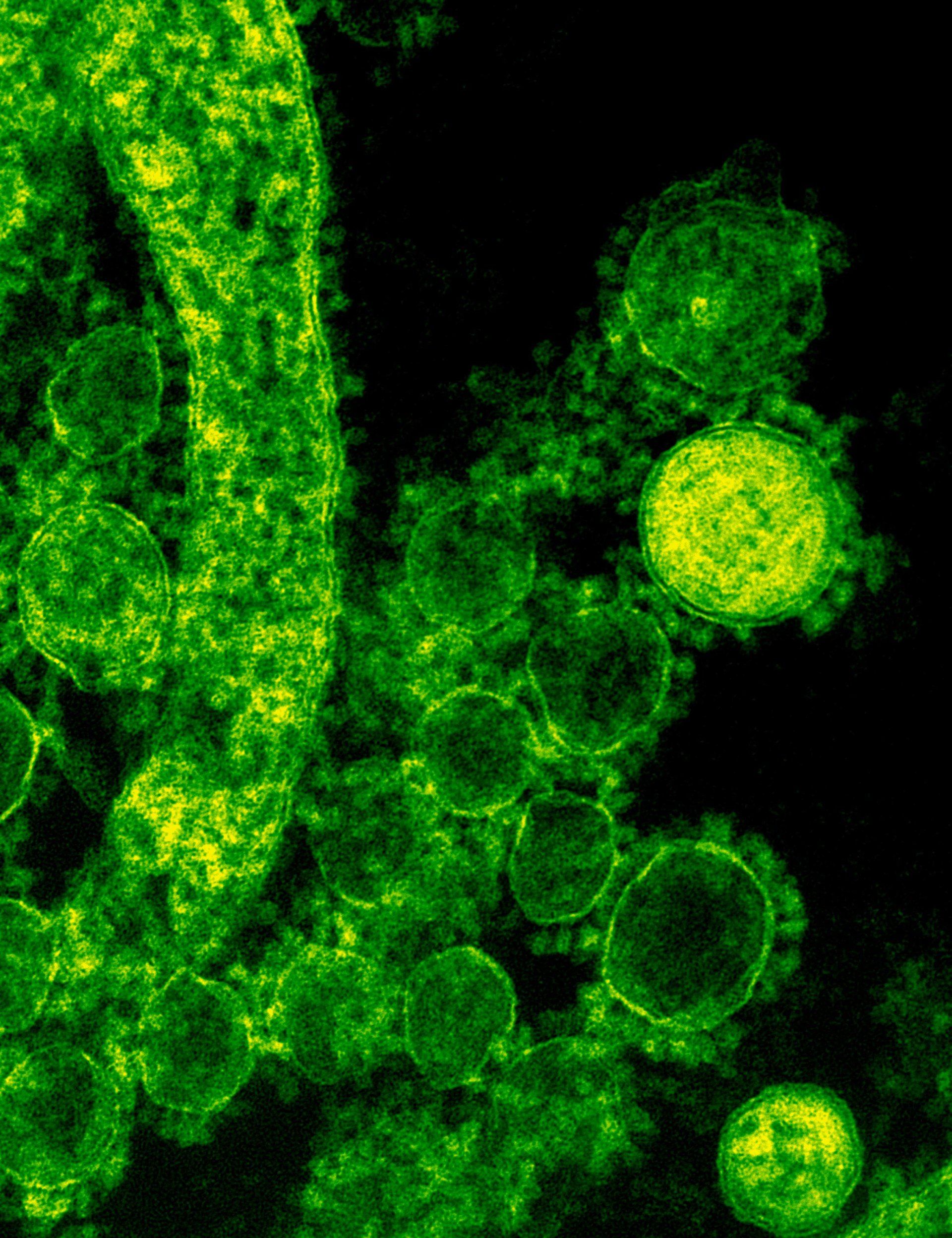
UK: +44 1379 658 721
Ireland: +353 89 221 3723
USA: +1 754 252 3536
Middle East - N. Africa: + 971 52 873 4738
Australia: +61 3 9310 5259
Is 2025 the year of the big bed bug boom?
Rentokil is predicting a bed bug boom for 2025. If they're right we face a shocking rise of 67% year-on-year thanks to increasingly warm weather. Here's what you need to know about the revolting little creatures that cause such havoc in homes, resorts, hotels, hospitals, and basically anywhere there are soft furnishings and bedding for them to snuggle into.
First, to stop your skin crawling too much, it's good to know that UVC light 'negatively impacts bed bug
survival and host-seeking abilities'.
Click here to download a science-led .pdf all about it. As the report concludes:
'This project strongly suggests that UV light is effective, both in killing bed bugs, and in impairing their ability to reach a host. Perhaps the most encouraging aspect of this study was the dramatic effect UV light had on the egg stage. While eggs have proven to be most resistant to current control tactics, they are highly vulnerable to UV treatment.'
Bed bug facts to make you itch
Blood-sucking bed bugs live on furniture and bedding, and their bites itch like mad, the last thing you want in your public-facing business. The bugs are at their lowest levels in January-February but by the end of March they're on the rise again, ramping up fast until their numbers peak in August and September. The late summer peak and winter lows have been proven by science, reported by the Journal of Medical Entomology.
Bed bug numbers respond to warm weather. When it drops below 13C they nod off, going into hibernation. They can stay is this state of suspended animation for as long as a year, only waking up when things get warmer and they sense food in the shape of humans. If the weather drops below freezing they die, and anything above 45C also kills them off. The temperature they like best is human temperature, which is why they're so happy living indoors with us, where it never gets cold or hot enough to stop them in their tracks.
When we go on holiday bed bugs enjoy another opportunity, this time spreading themselves around hotels, apartments, villas, guest houses and B&Bs, hitching a ride on the nearest unsuspecting person, hiding in luggage and sneaking around inside our clothing. It's no surprise the hospitality sector suffers more than any other from bed bug infestations.
A guest with just one bed bug on board can cause chaos. Every female bed bug lays as many as seven eggs a day, and the babies mate with each other to create a disgusting never-ending circle. Hiding during daylight, they come out an night to feast on human blood, quickly spreading until they infest an entire building if they're not stopped in their tracks. They can crawl as fast as 100 feet an hour, reaching every area of a building in a short time. It can be hard to know there's an infestation because people just assume they've suffered an ordinary insect bite or two. Worse still, because some bed bug bites don't start to itch straight away, the source isn't always obvious.
On the journey back from holiday they can hop off you or your luggage to infest boats, planes, trains, taxis, other travellers and their luggage, and ultimately your home. No wonder 2020 and 2021 were low bed bug years, with covid preventing travel and keeping us all at home. Now UK bed bug numbers have shot up again, 2025 is looking like a bumper year and London – being an international tourist destination – could be in for a particularly bad bed bug season.
How to stop an infestation of bed bugs
Early detection is really important. The earlier they're detected, the earlier they can be dealt with and the spread stopped. Otherwise customer complaints, bad reviews and even prosecutions could be on the cards for your hospitality business.
Human cleaners aren't much help simply because the bugs like the dark, spending all day hiding, and they're really small anyway. Spray pesticides are not much use when the pest control company can't see where the bugs are hiding. Worse still, the creatures are quickly evolving immunity to the powerful pesticides that used to kill them off.
If you'd like to know more about our simple, affordable UVC disinfection tech, which quickly inactivates an enormous list of common and not-so-common pathogens, get in touch for an inspiring conversation.









